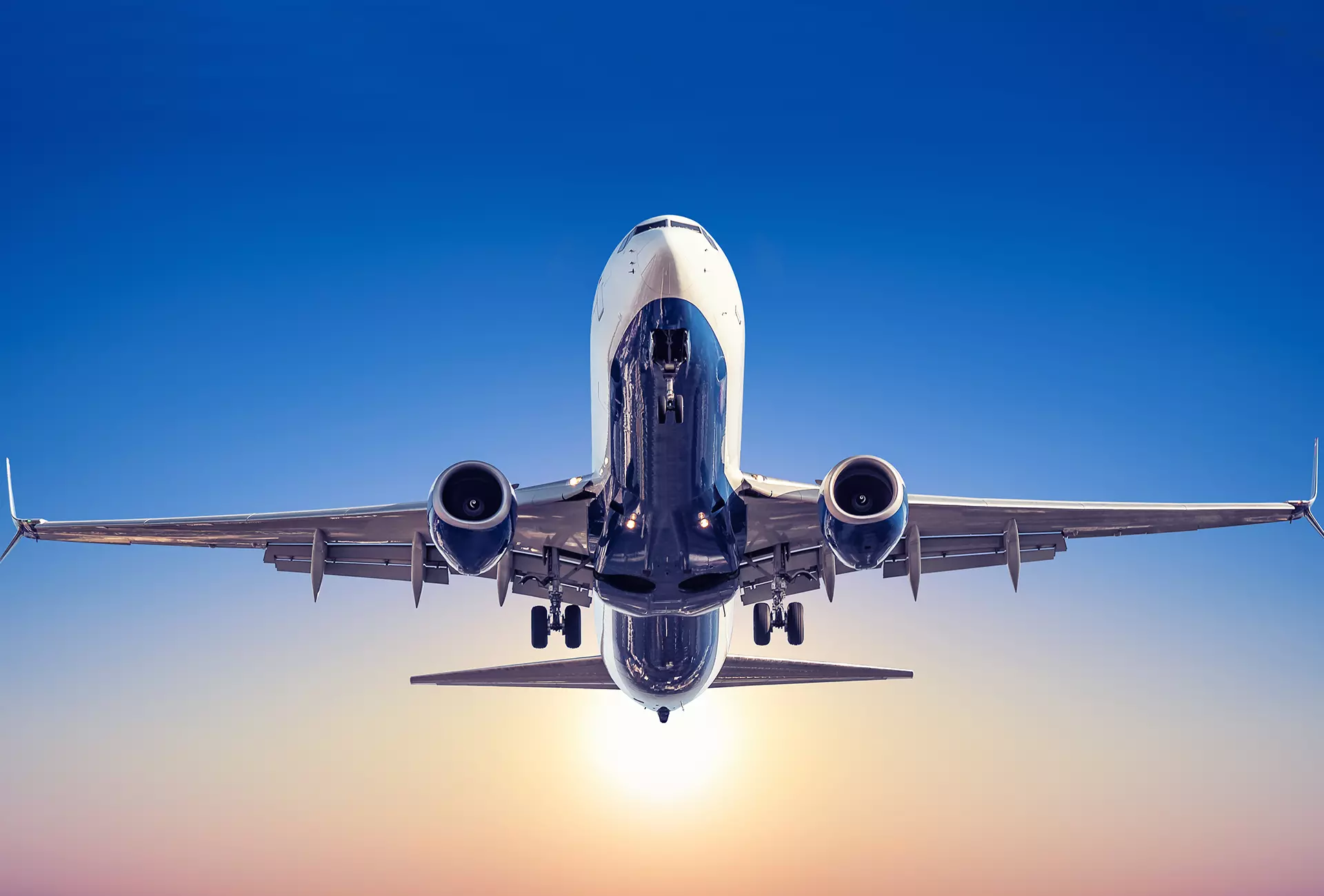SUSTAINABLE AVIATION FUEL
SAF is a genuine alternative to fossil aviation fuel and is essential for the energy transition in aviation.
Sustainable Aviation Fuel (SAF) is the generic term for all aviation fuels that, unlike conventional kerosene, are produced without the use of fossil-based raw materials such as crude oil and also meet sustainability criteria. Various processes exist for the production of SAF and biogenic and non-biogenic starting materials are available.
SAF is a genuine alternative to fossil aviation fuel and is essential for the energy transition in aviation. Compared to conventional kerosene, SAF has a significantly reduced CO2 footprint; in the case of SAF made from biogenic residues, it is around 80 percent.
However, the amount of SAF currently available on the global market is not yet sufficient to use large quantities in flight operations, and the price of SAF is significantly higher than that of fossil kerosene. Only around 0.1 percent of the industry’s global fuel requirements can currently be covered by SAF.
At present, almost exclusively “drop-in” SAFs are used in aviation. In these, a fuel produced from biological raw materials (biokerosene) or synthetically produced fuel (e.g. e-fuel) is blended with crude oil-based kerosene with a blending ratio that varies depending on the type of process (currently up to 50%). As a result, the end product complies with the international standards and certifications of the ASTM that apply to conventional kerosene and is compatible with conventional turbines and tank infrastructures.
As with conventional kerosene, the combustion of SAFs also produces emissions such as carbon dioxide, water vapor and other non-CO2 emissions. However, the production of SAFs captures CO2 from the atmosphere, thus reducing the climate impact when considering the carbon cycle as a whole. The sustainability of SAFs used in commercial aviation is assessed by various institutions such as the ICAO at international level or the EU. If certain levels of CO2 reduction are achieved when considering the entire carbon cycle and other criteria are met, an SAF is considered sustainable. It should be noted that even with a CO2-neutral value chain (production, transportation, etc.), SAFs do not enable complete climate neutrality, as the non-CO2 emissions generated when the fuel is burned are only reduced to a certain extent by the use of SAFs.



